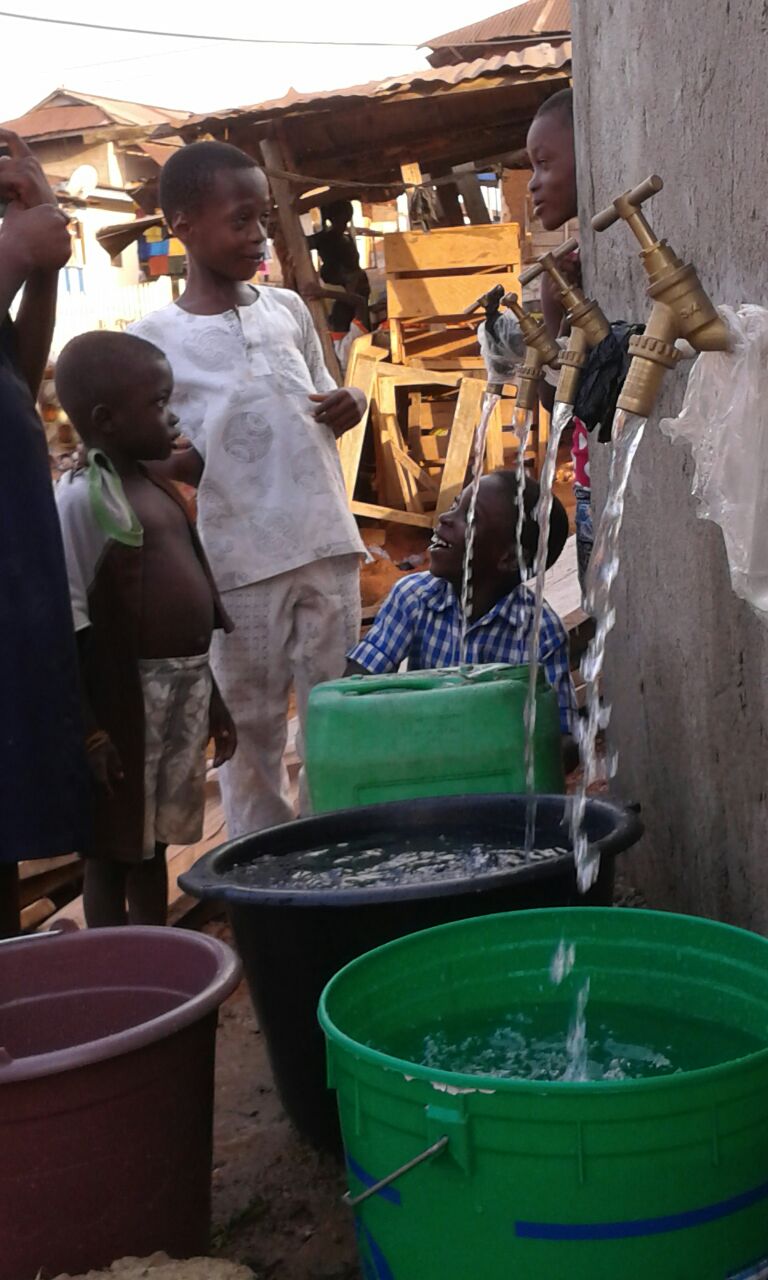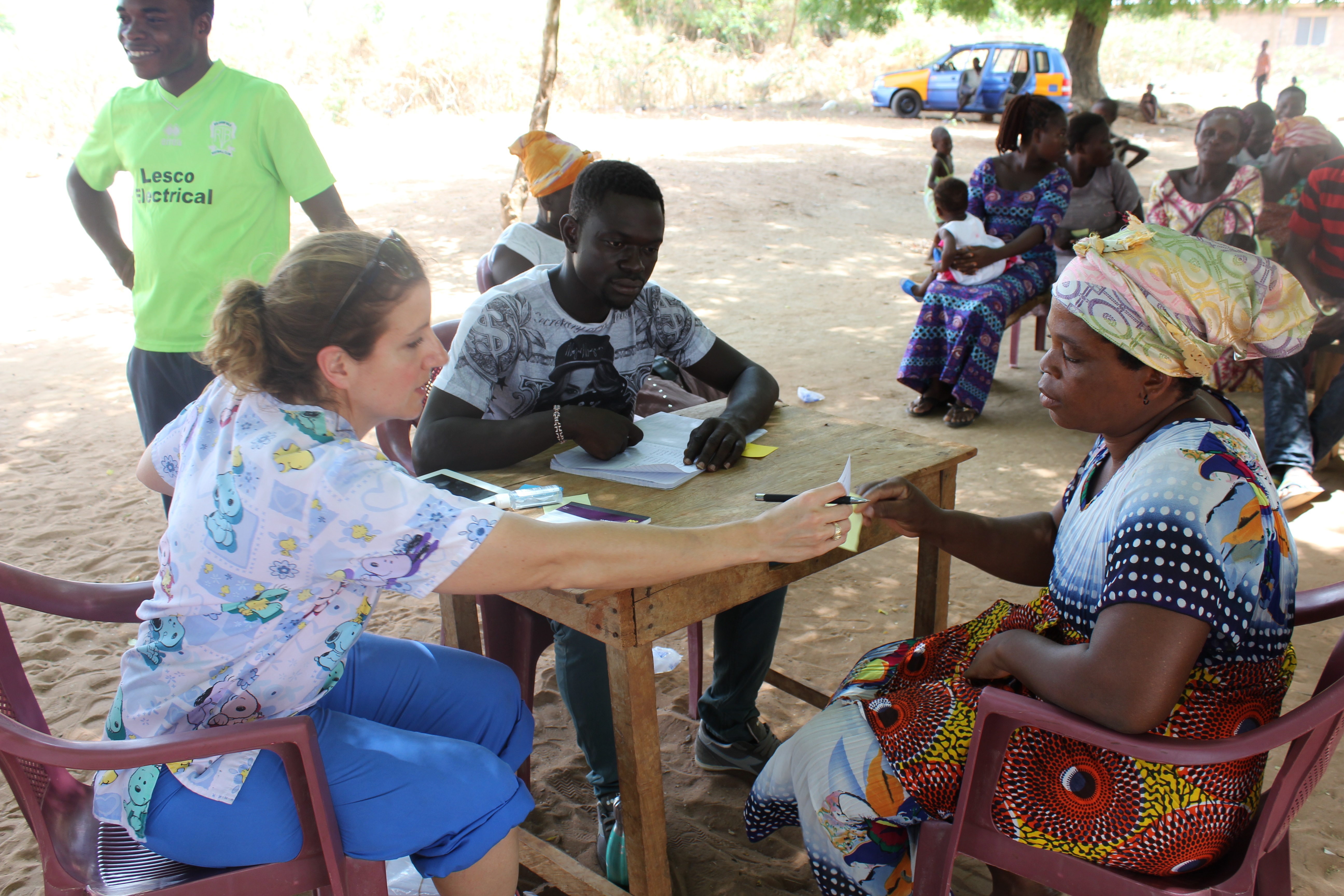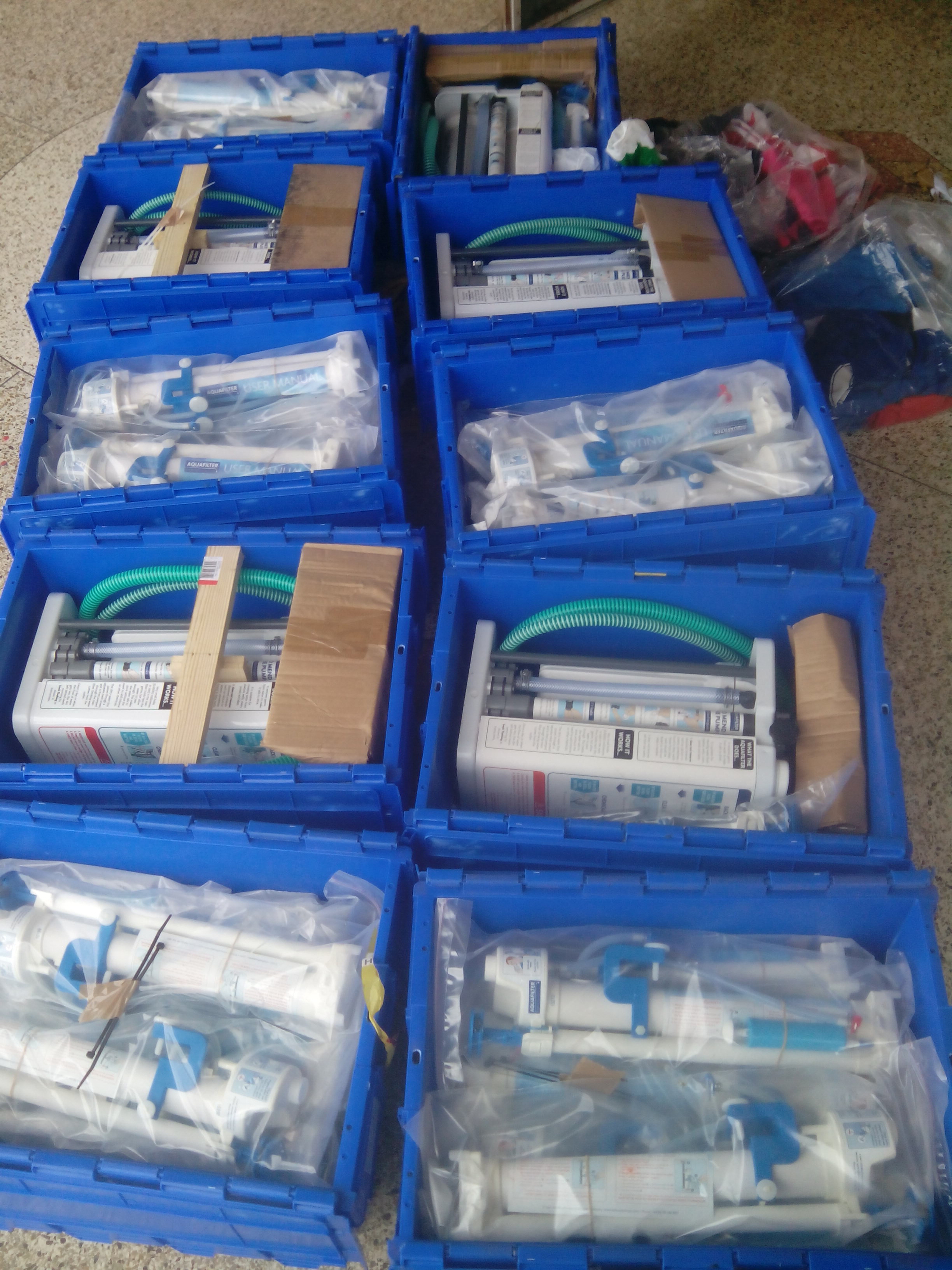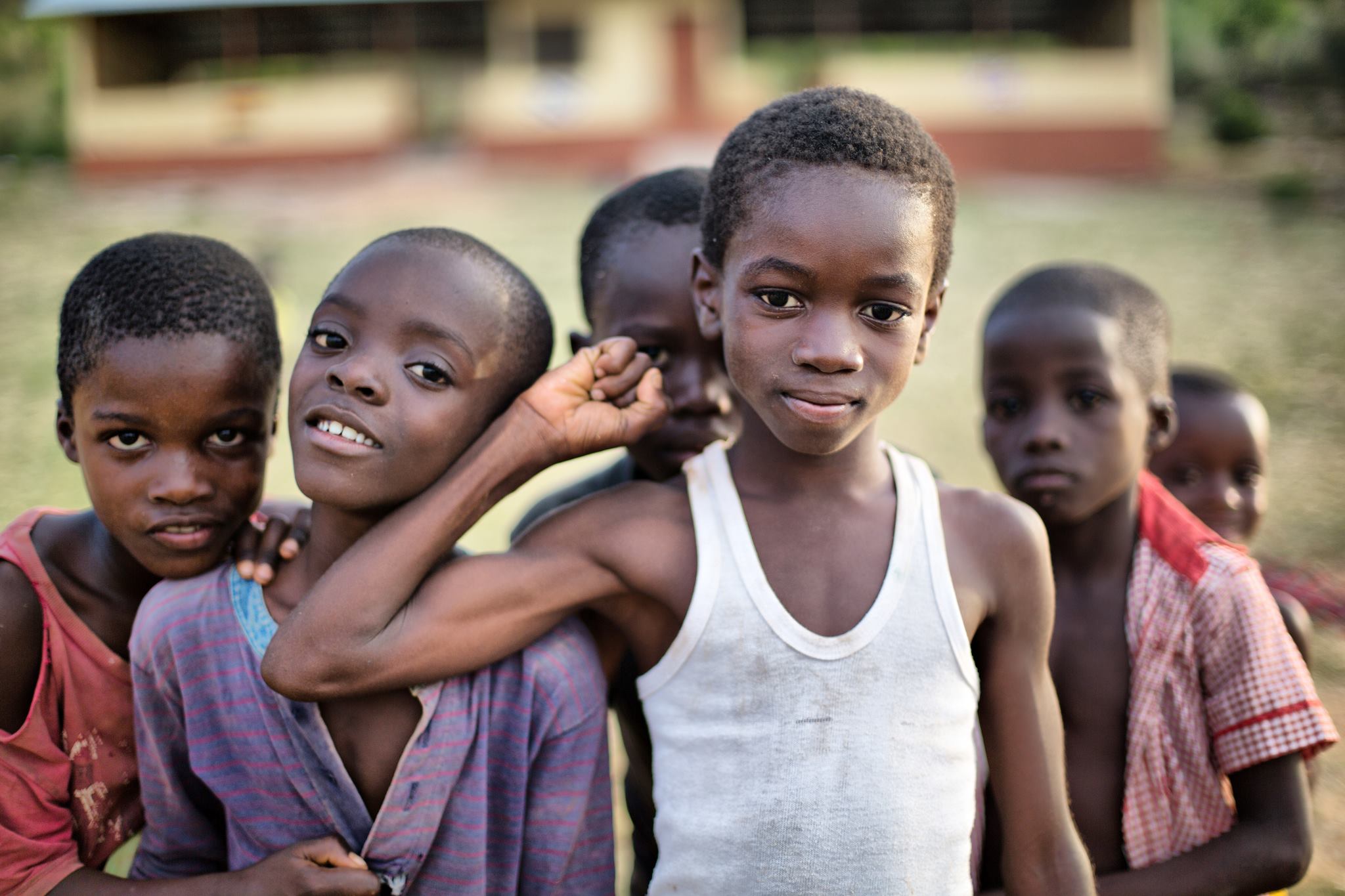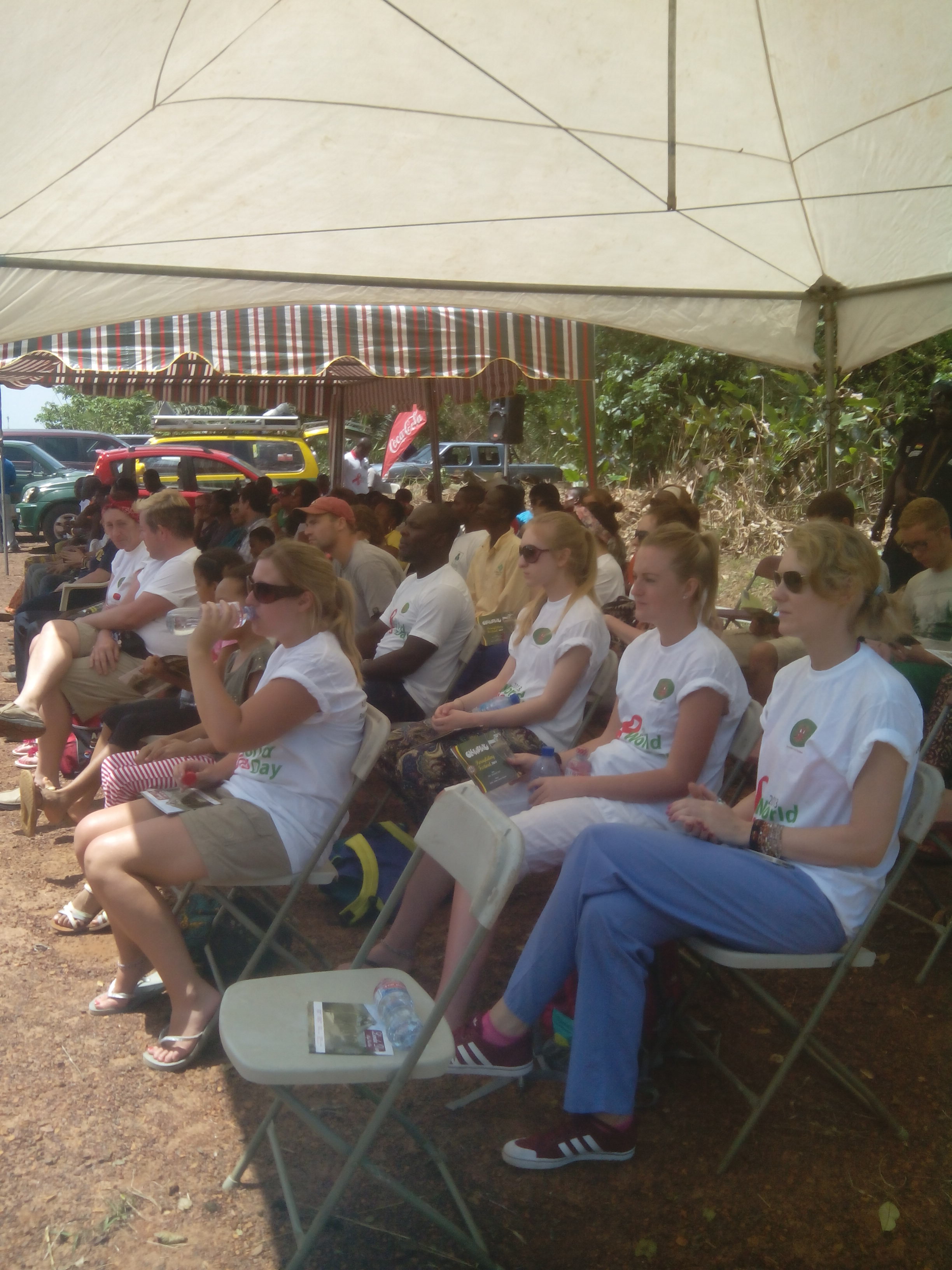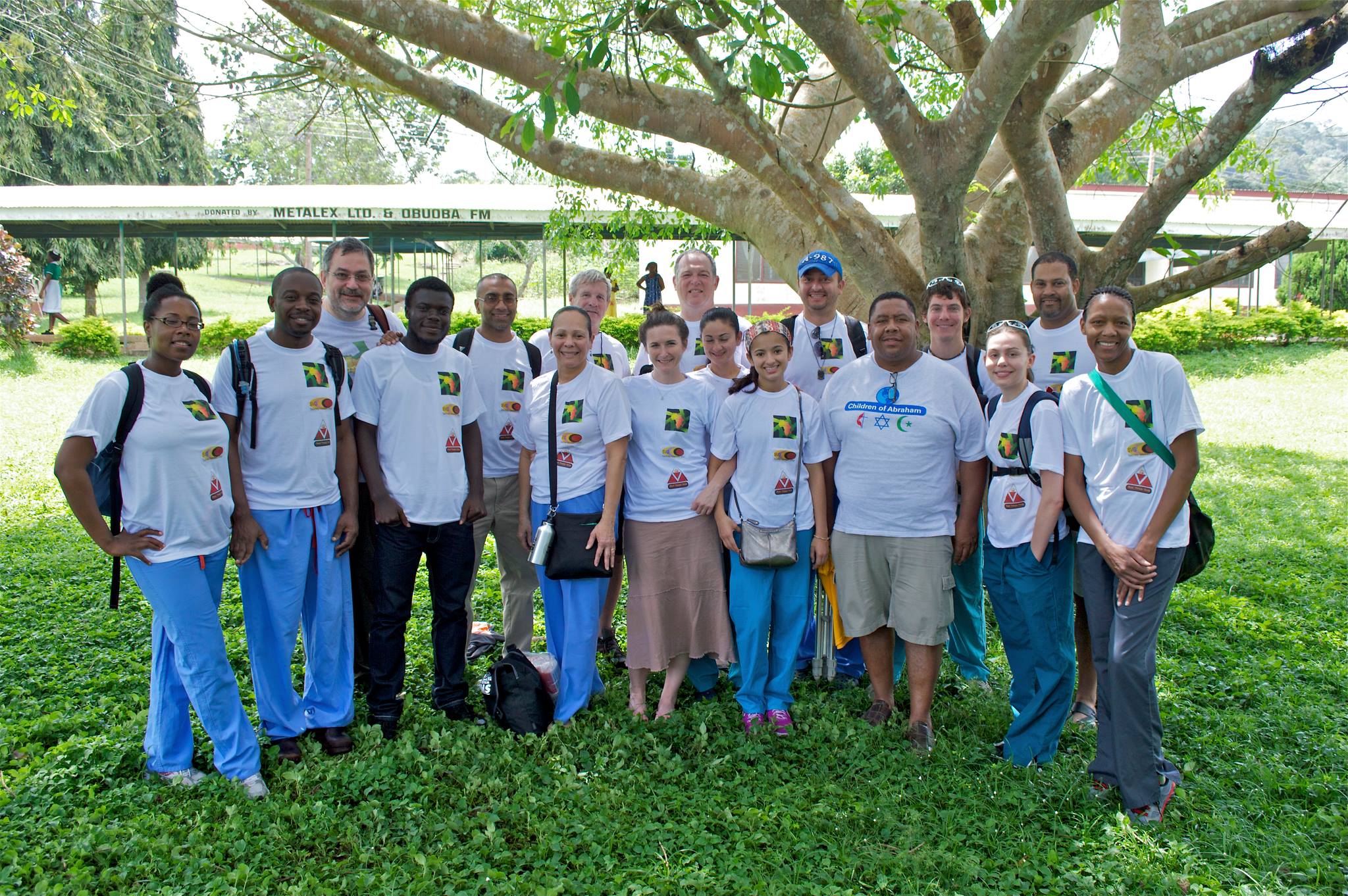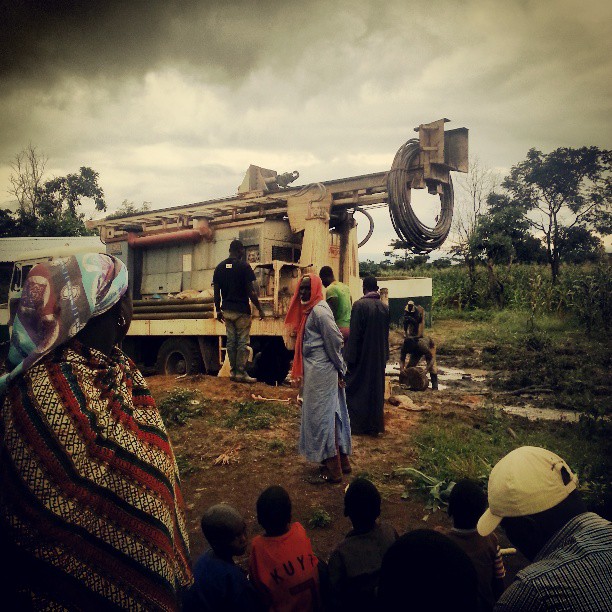|
Volunteers and Community |
| |
![]()
Frequently asked questions
Do I have to be a professional to participate?
No, you don’t. With even high school education you can take part in our teaching programs, HIV/AIDS campaigns, Water and Sanitation and related projects. Your educational background gives the necessary knowledge/ experience to participate in some of our programs.
Teaching and health programs: what levels do you cover?
Our focus is on kindergarten, primary, junior& senior secondary schools, charity homes schools, and commercial, technical & vocational schools. We also offer volunteering positions for those interested in collaborating with community libraries. For those interested in the Health sector volunteering, we have partnerships with Community Clinics and Hospitals to place you according to your area of interest/ expertise (internal medicine, paediatrics, pre and post natal care, midwifery, surgery, physiotherapy…).
My interest lies in your teaching programmes, which subjects would I teach?
You could be teaching English, French, Math, Science, fine arts, Music, Sports, Social Studies, Agricultural Science, basic computer skills, Business Management, Accounting, home economics, English Literature, Geography, and vocational school subjects such as auto mechanics, carpentry, masonry, plumbing, designing& sewing, pottery…. If you are an experienced teacher, you could volunteer by training other educational professionals.
What sort of training is provided?
Whatever training/ orientation/ preparation is needed, it will be provided by the authorities of the institution you are going to serve. Normally, you will be given a couple of days of orientation in your final placement’s installations before starting your work.
In which part of Ghana are these programs taking place?
In the Kwahu Districts, located in the Eastern Region of Ghana, about 2 hours drive from the capital, Accra. The district is divided into four: Kwahu South and Kwahu North, East and West. These are located around the Volta Lake, one of the largest man made lakes in the world.
Can I select the location where I will volunteer?
So long as SVG has a participating School, Hospital, NGO or Charity Home in that town, we will grant you your desire.
Can I come at anytime of the year?
If you are placed in a school, and based on school calendar in Ghana, SVG can place volunteers within the following periods in the year:
1. 15th SEPTEMBER- 15th DECEMBER (1st school term)
2. 15th JANUARY- 15th APRIL (2nd school term)
3. 15th MAY- 15th AUGUST (3rd school Term)
* Each school has relative freedom to decide on calendar modifications and holiday periods, so these dates are quite flexible and we could accommodate you almost any time of the year you are willing to volunteer as a teacher.
Holiday periods: community schools are organised; no local staff takes part; local venues such as schools/churches are used for this purpose.
What are the working hours?
Most offices/ schools/ hospitals start work at 8.00 hrs and end at 14.00hrs GMT. Your timetable can be quite flexible though, depending on the needs of the institution.
What services can be found in the Kwahu towns?
Postal and Telecommunications, Hospitals and clinics, fair access roads, taxis and buses (tro-tros), markets, football parks, hotels& guest houses- with swimming pool, restaurants & bars, tourist sites, etc.
What happens when I arrive in Accra?
Previous to your departure, you will be sent an email containing instructions on how to meet a SVG representative at the airport inAccra without difficulty. He will take you to your accommodation and help you with anything you might need.
What about lodging?
A local host person/family will provide you with your accommodation. This will be organised by SVG prior to your arrival.
What is the accommodation like?
You will be assigned to your own bedroom with a lock, flush toilets & bath in most of the big towns; in the smaller ones, you have to manage with a pit toilet & bath. An extra bed sheet and a mosquito net can be quite helpful.
What variety of foods can be found?
Local foods mainly: rice, Ampesi, Kenkey, Plantain, yam, Fufu, Banku, Gari, fruits of all kinds, vegetables, etc. In local shops and markets you can usually find most of the ingredients you would normally use in your country, although ways of cooking them can be different from what you are used to; therefore you should let us know in advance if you have any requirements in this aspect.
How do I apply?
Fill in and submit the Application Form, contact address: PO BOX 256 / Mpraeso- Kwahu/Ghana. You can also email us following the format suggested in our website.
Can you give me an idea of the cost of living in Ghana?
Mineral water is very cheap and you can get several litres (individual sachets) for less than a dollar. The cost of a plate of continental food is an average of $5. Local dishes are cheaper. A half hour ride by taxi (shared) will cost you less than five dollars. Transport within town is mainly by taxis and minibuses (‘trotro’) seating about 16 passengers, with very low fares(less than $0.50). Small beer will cost you also less than a dollar.
How will a typical day look like?
Wake at say 6.30 am, bath, breakfast. Go to work at 8.00. Work as your working schedule provides.(The number of hours varies, ranging from 2-6 working hours per day). After working hours, the volunteer plans how he/she uses the remainder of the day. About6pm supper is served. Warm friendship from colleagues at work and town folk to keep you company and show you around and entertain you is at your reach at all times. (Ghanaians are known typically for their friendliness and hospitality).
Do I have to pay any fees? Why?
Yes, you are required to pay a Program Fee to participate. The fee for the first month of your stay is US$350. The second and following months the fee is US$200/ month.
Our organisation does not depend on external funding, be it government, private or religious organisations. Your fees help us and our partner institutions enjoy the benefit of skilled staff they would not be able to afford otherwise, and so that this help does not become an economic burden on them.
Where does my programme fee go?
Your costs: Airport pick-up, accommodation and meals prior and at your placement, transportation to host institution; the organisations costs: inspection tour of prospective host institutions, communications, staff allowances, and supervision throughout your placement.
When and how do I pay my program fee?
You pay your program fee on the day of your arrival or in the morning after, in US$ (or GBP or EURO equivalent).Ghana banking system means that we can only accept cash, though.
Can I cash my VISA/MASTERCARD/TRAVELLERS CHEQUES?
Yes, you can. Barclays Bank (all regional branches), Standard Chartered Bank and several other banks accept Visa, MasterCard and Travellers cheques. You can also use your VISA card through many ATMs in the area where you will stay, but also in Accra and other urban centres inGhana, 24 hours a day. We do not recommend travellers cheques system though, since you can only cash them in Accra.
For how long can I volunteer?
Volunteer placement is for any length of time between 1 month and 1 year. Once here you can decide to stay for more or less than the stipulated time of your volunteering.
Once there, if I am not satisfied with my placement, can it be changed?
If the volunteering position is not what you expected in terms of working hours, working field, etc. or you are experiencing difficulties with your hosts/ accommodation and/ or staff…, we can place you in a different position in another environment.
Health
Do I need to take any shots?
A requisite for all visitors to Ghana is the YELLOW FEVER inoculation. The vaccination must be taken at least 10 days before your trip. Other vaccinations are also recommended, such as hepatitis A and B, typhoid, remainders of polio or tetanus; your doctor will give you the necessary information. Malaria is, unfortunately, prevalent in Ghana, bring preventive treatment, the recommended medication your authorities deem necessary. You will normally have a community clinic or hospital near your placement.
Any doubt you have concerning health issues you should let us know and we will help you by providing you with the necessary information.
Who pays for my air ticket?
Airfare in and out will be borne by volunteers, as well as visas.
*Please note:
Tours to places like game reserves, waterfalls, natural habitats, zoos, museums, cultural centres and various interesting locations in Ghana can be organized for volunteers by SVG.
**You must inform us of any health issues or medication you are taking at the time of your journey toGhana, i.e. allergies, epilepsy, etc. This will allow both parts to be aware of any special measures to be taken during and before placement, and to make informed choices on your volunteering experience in Ghana.
We are on Instagram |
